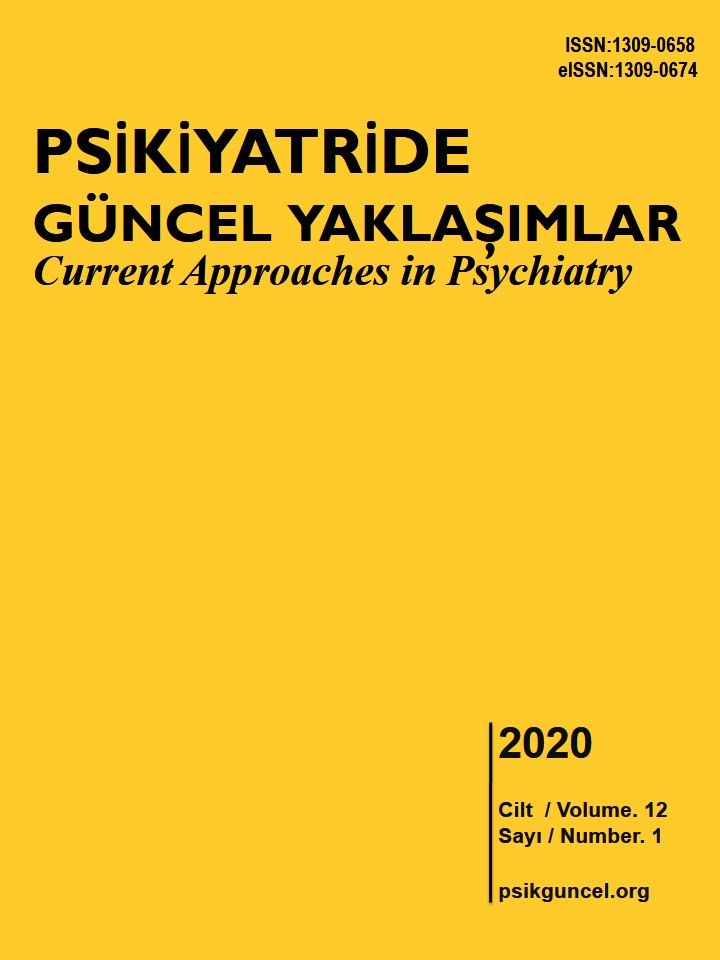Neurological Basis of Bodily Self-Consciousness and Related Psychopathologies
Neurological Basis of Bodily Self-Consciousness and Related Psychopathologies
Author(s): Ege Tekgün, Burak ErdenizSubject(s): Neuropsychology, Psychology of Self, Clinical psychology
Published by: Çukurova Universitesi Tip Fakultesi Psikiyatri Anabilim Dalı
Keywords: Bodily self-consciousness; out-of-body experiences; multisensory integration; rubber hand illusion; full-body illusions;
Summary/Abstract: The change in the body awareness of people depending on the dynamic processing of the multisensory signals from the body has been revealed the bodily self-consciousness approach. Recent studies have proposed that the processing and integration of multisensory signals (i.e. vestibular, somatosensory) are fundamental requirement for bodily self-consciousness. Perception of body-parts and global aspect of whole body can dynamically change depending on the congruency between signals from multiple modalities (i.e. vestibular, somatosensory). The basic assumption of the studies investigating bodily self-consciousness is that the bodily experiences are related with the multisensory signal processing. The aim of the present article is to review how the bodily self-consciousness is studied experimentally and discuss the underlying sensory processes. In addition to that, we discussed the limitations of the previous experimental studies.
Journal: Psikiyatride Güncel Yaklaşımlar
- Issue Year: 12/2020
- Issue No: 1
- Page Range: 32-53
- Page Count: 22
- Language: English

